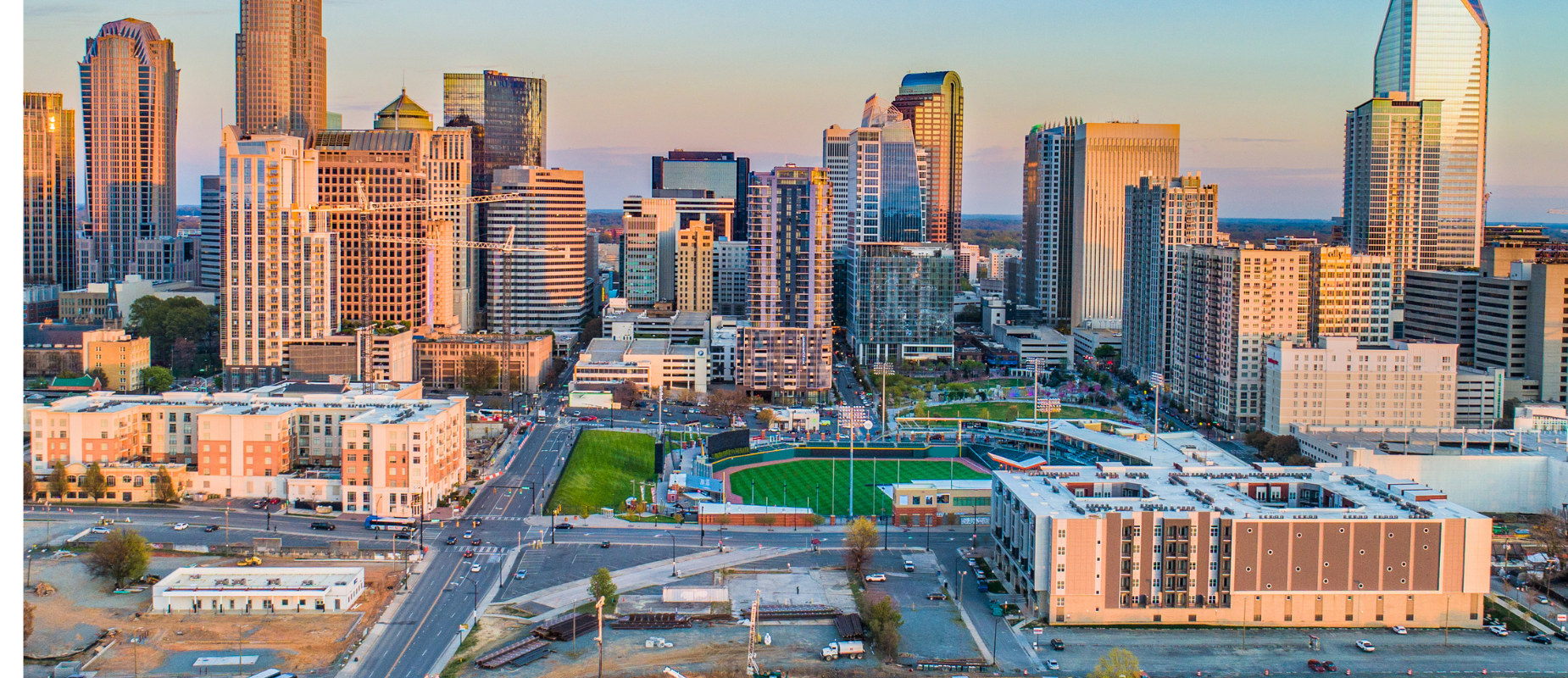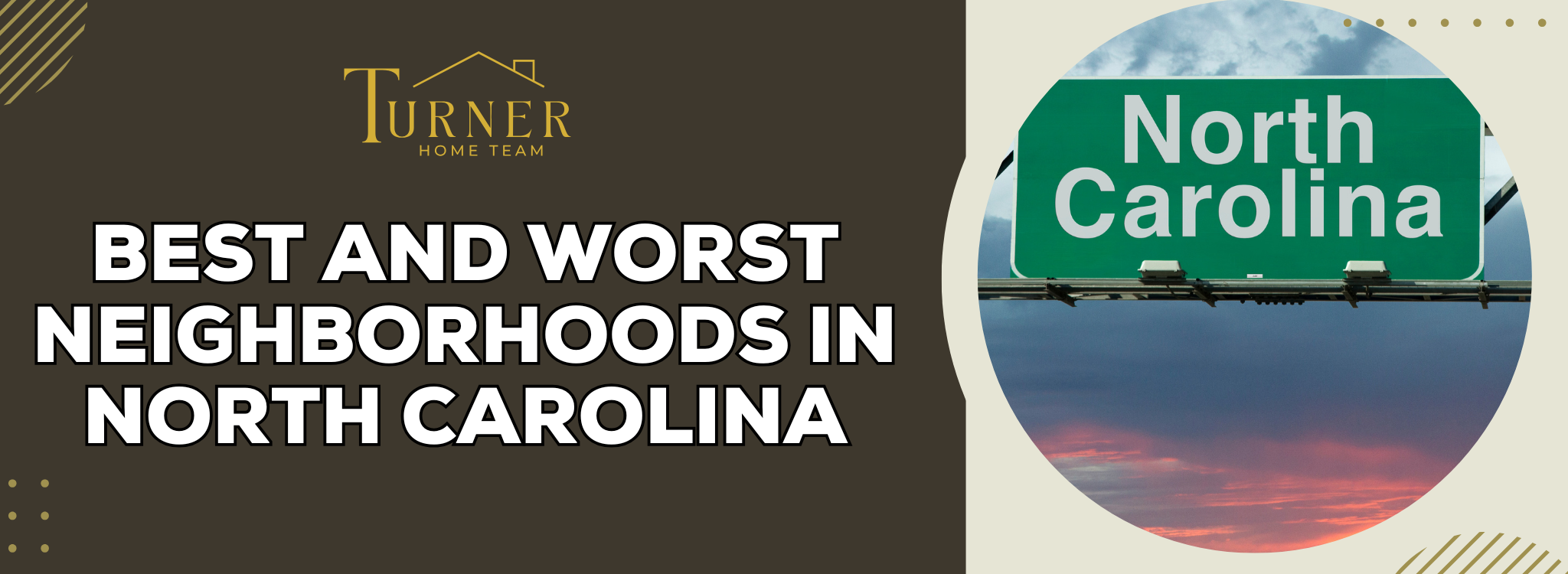
Why Do Crime Rates Vary Across North Carolina?
Crime rates in North Carolina change frequently due to factors like population density, economic conditions, and cultural influences. Knowing these factors helps us better deal with safety issues.
How Does Population Density Affect Crime?
Population density greatly affects crime rates. Urban areas with more people often have higher crime rates than rural neighborhoods. This happens because there are more chances for crime where there are more people. Statistics show that crowded cities face overcrowding and social tension, leading to more crime.
What Role Does Economic Status Play in Crime Rates?
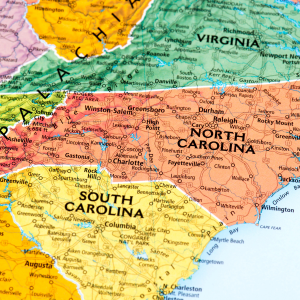
Economic status is a key factor in crime rates in North Carolina. Places with poor economic conditions usually see more crime, such as theft and property crimes. This is often linked to unemployment and low property values. Research shows that communities with fewer job opportunities suffer from these economic stresses and higher living costs.
Are There Cultural Factors Influencing Crime Patterns?
Cultural factors also impact crime patterns in North Carolina. Diverse communities may see different crimes because of social interactions and cultural differences. Neighborhoods with various cultural backgrounds might face unique challenges that affect crime rates, highlighting the need for solutions that focus on the community.
By examining these factors, Turner Home Team aims to help residents understand and effectively address crime challenges in North Carolina.
Exploring Safety: Which Cities in North Carolina Offer the Best Living Conditions?
What Makes a Neighborhood Safe in North Carolina?
When deciding where to live, safety is important. In North Carolina, crime rates, including violent and property crimes, help determine whether families and individuals prefer a neighborhood’s safety. Areas with low crime levels, such as Wilmington neighborhoods, are often seen as among the safest because of strong communities and good security.
How Do Education and Community Programs Influence Safety?
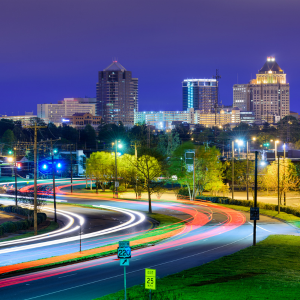
Education and community programs help make neighborhoods safer. Good schools and community activities can lower crime rates. In cities like Cary, top schools create a secure feeling in the community. Chapel Hill also benefits from active community groups focused on preventing crime. These efforts make the place safer and nicer to live in.
Which Cities Have the Best Infrastructure for Safety?
Safety in cities in North Carolina depends a lot on infrastructure. Technology like video monitoring and access control improves safety. Wilmington, Raleigh, and Greensboro have some of the best setups because they focus on these improvements. Video monitoring in urban areas helps keep watch and respond quickly. Looking at how Durham lowers crime rates through infrastructure can be helpful when thinking about living conditions.
At Turner Home Team, we focus on helping you find a community that meets your safety requirements and fits your lifestyle. Contact us to explore more options and receive expert advice tailored to your needs.
Analyzing Real Estate: How Do Crime Rates Impact Property Values?
Is There a Correlation Between Crime and Property Prices?
Understanding the link between crime rates and property values is important for anyone in real estate. Data shows that higher crime rates often mean lower property values in North Carolina and elsewhere. This happens because more crime can scare away potential buyers, causing less demand in those neighborhoods. Statistics show that communities with low crime usually have higher property values since they attract more buyers looking for safe places.
How Do Crime Reports Influence Home Buyers’ Decisions?
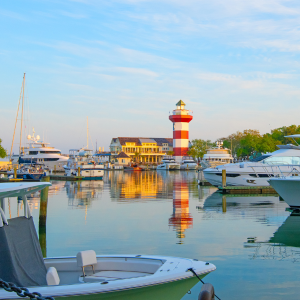
Crime reports are very important when home buyers make decisions. Safety is a big concern, and neighborhoods with many crime reports might turn buyers away. In North Carolina, many home buyers look closely at crime statistics and choose neighborhoods that seem safer and have better property prices. Crime reports affect how people feel about security and the long-term value of their investment in real estate.
Are Certain Housing Markets More Resilient to Crime Rate Changes?
Some housing markets can handle changes in crime rates better because they have strong community support and good economic infrastructure. In North Carolina, some areas keep their property values stable even when crime rates change. These communities often have good infrastructure, active neighborhood groups, and a strong economy, which helps keep real estate investors interested. Looking at these markets can show how strong community connections and proactive efforts can lessen the impact of crime on property values.
Knowing about these factors can help people involved in the housing market make better choices and handle the challenges of real estate investments. Encouraging public comments and discussions about this topic can help raise community awareness and involvement. For more insights, readers can subscribe to updates from Turner Home Team and explore related content on our website.
What Are Local Authorities Doing to Reduce Crime in North Carolina?
What Initiatives Are in Place for Crime Prevention?

In North Carolina, many initiatives work towards crime prevention, focusing on law enforcement and community safety. Local programs bring community members and authorities together to tackle crime.
- Community Safety Programs: These programs help build strong relationships between neighborhoods and law enforcement to prevent crime.
- Public Safety Campaigns: These campaigns educate residents about safety practices and how to prevent crime.
- Enforcement Initiatives: Increased patrolling and surveillance are used to respond quickly to criminal activities.
These efforts are important for maintaining public safety and reducing crime across the state.
How Are Law Enforcement Agencies Addressing Violent Crime?
Law enforcement agencies in North Carolina use several strategies to handle violent crime. They rely on data from crime statistics and reports to apply focused methods.
- Community Policing: Officers work with communities to build trust and gather insights that help stop violent incidents.
- Crime Reduction Strategies: Special safety steps are taken in areas with more crime for quick intervention.
- Interagency Collaboration: Law enforcement agencies share resources and information to strengthen crime reduction efforts.
These methods aim to improve public safety and lower violent crime rates.
What Community Strategies Are Effective in Reducing Crime?
Community strategies play a big role in decreasing crime in neighborhoods throughout North Carolina. These plans focus on public safety, prevention, and working together locally.

- Neighborhood Watch Programs: Residents join forces to monitor activities and report suspicious actions, making neighborhoods safer.
- Collaborative Safety Initiatives: Local authorities and community groups plan to address specific crime issues in their areas.
- Public Awareness and Education: Teaching the public about crime prevention gives residents the tools to help keep their community safe.
These community-based approaches effectively reduce crime and create safer environments for everyone.
For expert advice on property safety and real estate opportunities in North Carolina, consider checking out Turner Home Team for detailed insights and guidance.
Future Trends: How is Crime Expected to Change in North Carolina?
Are Crime Rates Increasing or Decreasing in Urban Areas?
Crime statistics in North Carolina’s urban areas have been watched closely in recent years. Cities like Charlotte have seen crime rate changes, while Asheville neighborhoods and Raleigh’s best areas have mostly stayed the same. Several factors, like economic conditions and community efforts, affect these areas, which can change these statistics.
For example, Asheville has used community strategies that might help lower crime rates. Meanwhile, some Charlotte suburbs face challenges that could raise crime if not handled. Watching these trends over time helps us understand how crime might change in each urban area.
How Might Technological Advancements Affect Crime Levels?
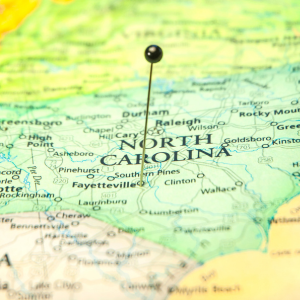
Technological advancements are increasingly important in shaping crime levels. Innovations such as video analytics and better access control systems improve security. Cloud technology allows for stronger crime statistic analyses and helps law enforcement share data, which could lead to better crime prevention.
Also, smarter surveillance tools enable real-time monitoring, which can stop crimes before they happen. As technology advances, these improvements are expected to improve public safety and possibly lower crime rates across North Carolina.
What Predictions Exist for Crime Trends Over the Next Decade?
Various predictions suggest North Carolina’s crime trends may change due to evolving socio-economic and technological factors. Research indicates traditional crime types might decline as law enforcement improves and community programs take effect.
Data evaluations predict that while some areas might see better crime rates, issues like cybercrime could create new challenges. Policymakers and communities need to monitor these trends to ensure the success of their strategies.
As we follow these developments, Turner Home Team remains dedicated to understanding North Carolina’s crime changes to serve our communities better.
FAQs:
What are some of the best and worst areas to live in North Carolina?
North Carolina has a variety of neighborhoods. Chapel Hill and Raleigh are known for their lively communities and good schools. On the other hand, cities like Fayetteville and Lumberton have higher crime rates. It’s important to learn about each area before deciding where to live.
How does the cost of living vary across different regions in North Carolina?
The cost of living in North Carolina can differ from place to place. Cities like Charlotte and Durham generally have higher costs due to more amenities and business activities. Areas like Kinston and Albemarle offer cheaper living. When considering these differences, think about your needs and lifestyle.
Which neighborhoods in Raleigh are considered family-friendly?
Raleigh has many family-friendly neighborhoods. North Hills and Cameron Village are known for their parks and schools. They provide a safe place with lots of activities for families to enjoy.
How is public safety monitored in North Carolina’s cities?
Public safety in North Carolina cities is managed by local police who use data to fight crime. Greensboro and Asheville, for example, use community policing and technology to improve safety. Checking local crime stats can help you feel safer when choosing a place to live.
What are the crime statistics like in Charlotte’s suburbs?
Crime rates in Charlotte’s suburbs can differ. Areas like Ballantyne and South Park are generally safer. Although property crime might happen, violent crime rates here are lower than the national average. Community involvement and neighborhood watch programs also help keep these areas safe.
Are there any emerging neighborhoods in Wilmington that offer good value?
Wilmington is growing, especially around Monkey Junction and Riverlights. These places have new homes and more amenities, making them good choices for people looking for value and future growth.
How does the quality of education differ in schools across Cary?
Thanks to the Wake County Public School System, Cary is known for its good schools. Green Hope High School, for example, is praised for its academics and activities, making Cary a top pick for families focused on education.
What impact does local real estate have on the economy in Durham?
Durham’s real estate market contributes a lot to its economy. Places like Research Triangle Park and Duke University drive this. Continued development supports economic growth, making Durham an exciting place for living and investment.
Key Insights
- Our investigation of the best and worst neighborhoods in North Carolina includes a study of crime statistics to assess areas like Charlotte suburbs and Greensboro’s living conditions.
- We give clear insights into Raleigh’s best areas and Chapel Hill neighborhoods, giving residents a complete view of living standards.
- Knowing crime rates is key to assessing safety and community health in cities like Durham, High Point, and Fayetteville.
- If you’re considering moving, check out Asheville neighborhoods and Wilmington’s safest places, known for their quality of life.
- Schools in Cary and Apex make neighborhoods popular with top schools and varied options.
- Job factors in Hickory and housing markets in Gastonia play a big role in property prices and lifestyle choices.
- Jacksonville communities and Rocky Mount living standards show the different living costs across North Carolina.
- We study healthcare access and real estate trends in Greenville and Concord, which is important for making smart property buying choices.
- Data from the North Carolina Supreme Court and research show clear facts on state property crime and safety levels.
- Our method uses open reporting, including data on growth in Wake Forest and cultural effects in New Bern.
This information applies to North Carolina and its cities, including Charlotte, Fayetteville, Greensboro, Raleigh-Durham, Jacksonville NC, and more. For more details, please call us at (252) 525-4780 or visit our website at Turner Home Team.

